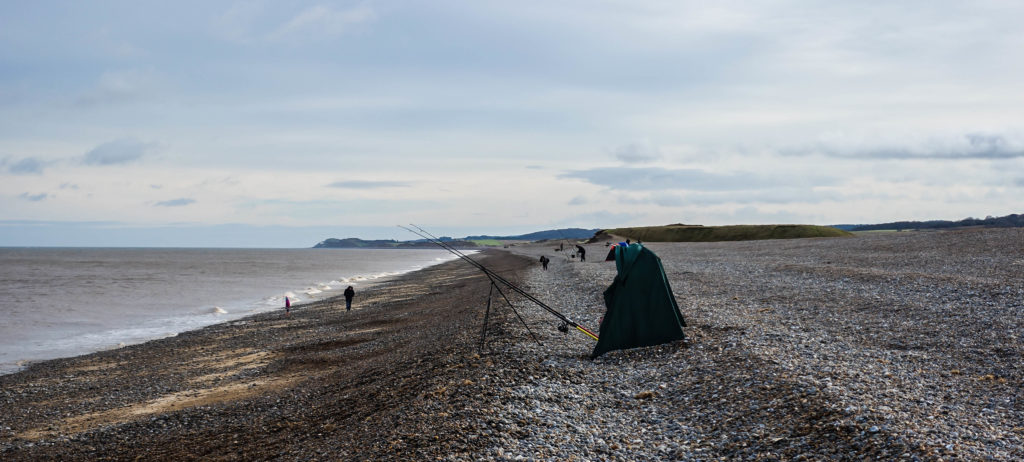I’ve often wondered vaguely where the term “mansplaining” — the patronising way in which men who know nothing about a subject insist on explaining it to a woman — came from. Now I know, courtesy of a ‘Lunch with the FT’ feature in today’s Financial Times. The phrase was coined by the American writer and essayist, Rebecca Solnit. It was prompted by an experience she had at one of those high-end Aspen think-rests in which rich members of the US elite persuade themselves that they are really really interested in ideas. Reflecting on it later, she published a wonderful essay, “Men Explain Things to Me” in Guernica.
It’s terrific. This how it starts…
I still don’t know why Sallie and I bothered to go to that party in the forest slope above Aspen. The people were all older than us and dull in a distinguished way, old enough that we, at forty-ish, passed as the occasion’s young ladies. The house was great–if you like Ralph Lauren-style chalets–a rugged luxury cabin at 9,000 feet complete with elk antlers, lots of kilims, and a wood-burning stove. We were preparing to leave, when our host said, “No, stay a little longer so I can talk to you.” He was an imposing man who’d made a lot of money. He kept us waiting while the other guests drifted out into the summer night, and then sat us down at his authentically grainy wood table and said to me, “So? I hear you’ve written a couple of books.”
I replied, “Several, actually.”
He said, in the way you encourage your friend’s seven-year-old to describe flute practice, “And what are they about?”
They were actually about quite a few different things, the six or seven out by then, but I began to speak only of the most recent on that summer day in 2003, River of Shadows: Eadweard Muybridge and the Technological Wild West, my book on the annihilation of time and space and the industrialization of everyday life.
He cut me off soon after I mentioned Muybridge. “And have you heard about the very important Muybridge book that came out this year?”
So caught up was I in my assigned role as ingénue that I was perfectly willing to entertain the possibility that another book on the same subject had come out simultaneously and I’d somehow missed it. He was already telling me about the very important book–with that smug look I know so well in a man holding forth, eyes fixed on the fuzzy far horizon of his own authority.
Here, let me just say that my life is well-sprinkled with lovely men, with a long succession of editors who have, since I was young, listened and encouraged and published me, with my infinitely generous younger brother, with splendid friends of whom it could be said–like the Clerk in The Canterbury Tales I still remember from Mr. Pelen’s class on Chaucer–“gladly would he learn and gladly teach.” Still, there are these other men, too. So, Mr. Very Important was going on smugly about this book I should have known when Sallie interrupted him to say, “That’s her book.” Or tried to interrupt him anyway.
But he just continued on his way. She had to say, “That’s her book” three or four times before he finally took it in. And then, as if in a nineteenth-century novel, he went ashen. That I was indeed the author of the very important book it turned out he hadn’t read, just read about in the New York Times Book Review a few months earlier, so confused the neat categories into which his world was sorted that he was stunned speechless–for a moment, before he began holding forth again. Being women, we were politely out of earshot before we started laughing, and we’ve never really stopped.
Lovely, isn’t it. She’s a very good essayist. Remember her lovely LRB Diary piece about the luxury coaches which ferry Silicon Valley’s overpaid elites from the San Francisco that their stock options have rendered unaffordable for normal human beings?
It begins:
The buses roll up to San Francisco’s bus stops in the morning and evening, but they are unmarked, or nearly so, and not for the public. They have no signs or have discreet acronyms on the front windshield, and because they also have no rear doors they ingest and disgorge their passengers slowly, while the brightly lit funky orange public buses wait behind them. The luxury coach passengers ride for free and many take out their laptops and begin their work day on board; there is of course wifi. Most of them are gleaming white, with dark-tinted windows, like limousines, and some days I think of them as the spaceships on which our alien overlords have landed to rule over us.



